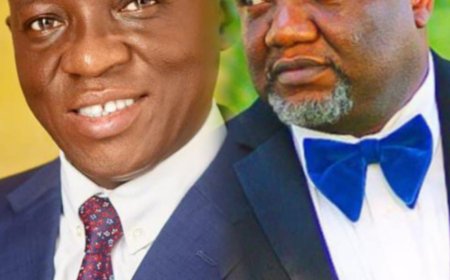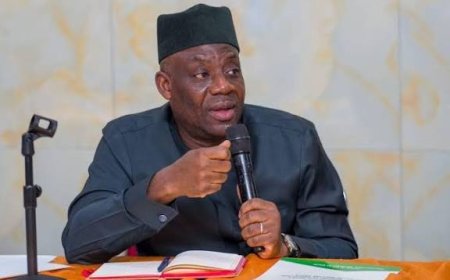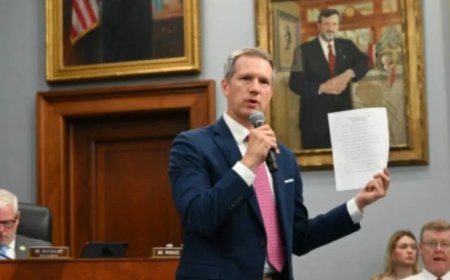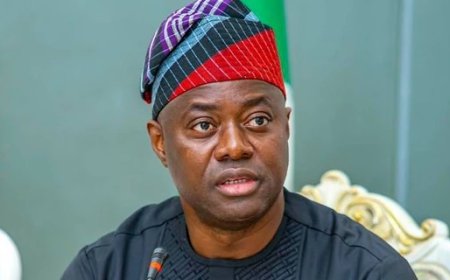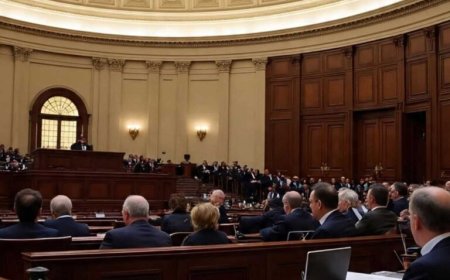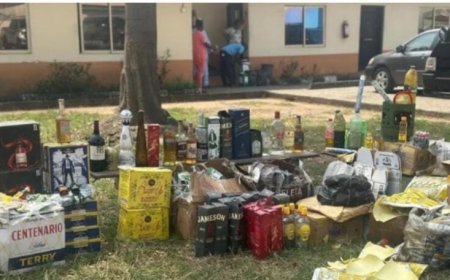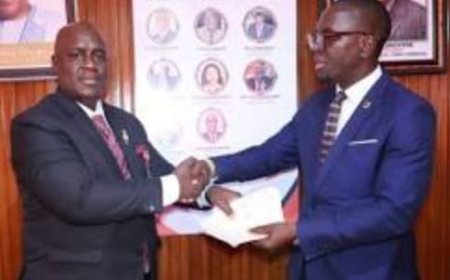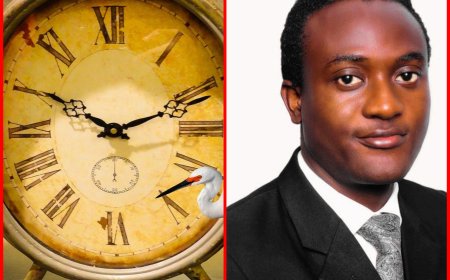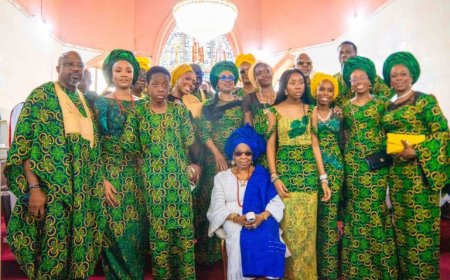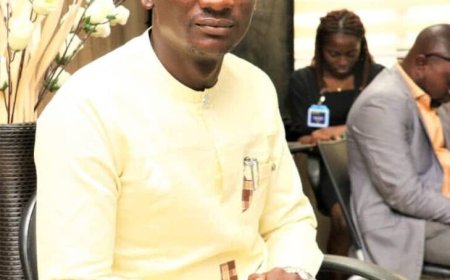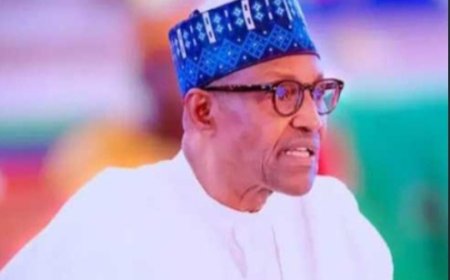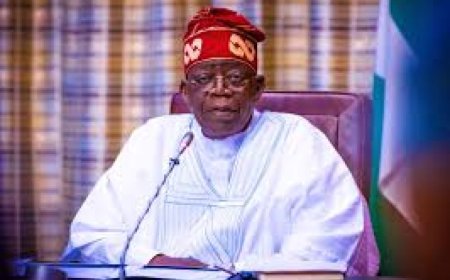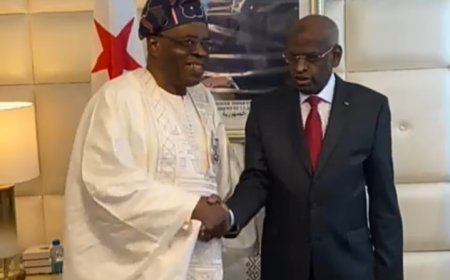Nigeria Under Coordinated Security Siege, Speaker Abbas Cries Out As Reps Hold Emergency Session, Calls for Strategic Leadership Response
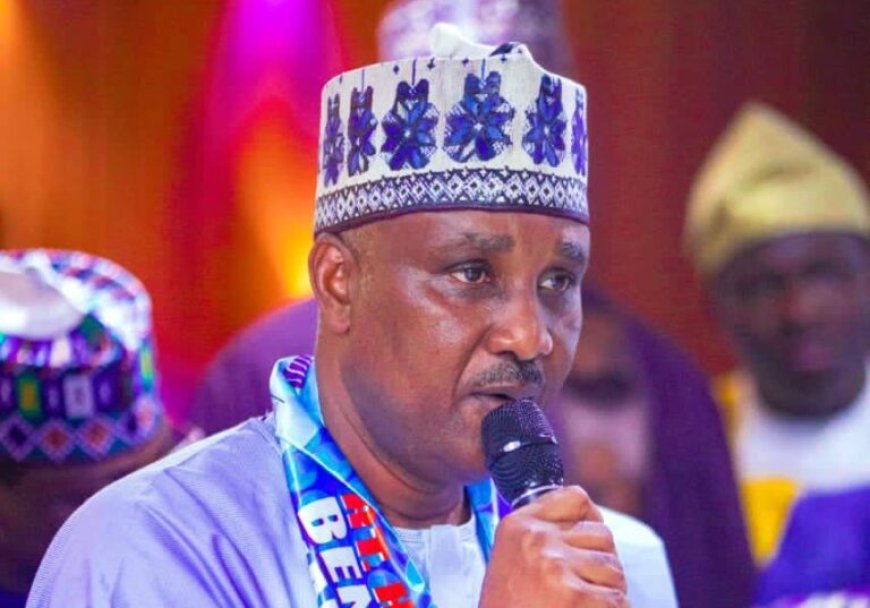
By: Olufemi Orunsola
The Speaker of the House of Representatives, Tajudeen Abbas, has openly declared that Nigeria is currently under a coordinated security siege, targeted at destabilising the country.
OPEN TELEVISION NAIJA (OTN) News reports that the Speaker made the open declaration on Tuesday during a special plenary session held exclusively on national security.
The House suspended all regular business to address what Abbas described as “a coordinated and deeply troubling escalation of violence” across several states, including mass killings, school abductions and kidnappings inside worship centres.
The session, attended by diplomats from the United States Embassy and the visiting Speaker of the Parliament of Saint Kitts and Nevis, followed recent deadly attacks in Kebbi, Niger, Zamfara and Kwara.
Abbas who observed that the pattern of attacks suggested a deliberate plot “to instil fear, weaken public confidence, and create the illusion that violent groups can act without restraint,” warned that the country was entering a dangerous phase if urgent action was not taken.
The Speaker commended President Bola Ahmed Tinubu for postponing his G20 Summit trip to take personal charge of security responses, saying the President’s directives led to the rescue of abducted worshippers in Kwara and the retrieval of several kidnapped students in Niger State.
Abbas, however, issued a stern caution over the circulation of doctored images and unverified claims online, describing misinformation as a “parallel threat” capable of aggravating tensions and undermining the work of security agencies.
Deputy Speaker Benjamin Kalu, in a detailed five-point contribution, lamented that Nigeria was not short of strong laws but was crippled by weak institutions, inadequate funding, and the constant gap between policy and implementation.
Kalu noted that indiscriminate kidnappings—from schoolchildren in Kebbi to worshippers in Zamfara—signalled the rise of violent actors who were now enforcing illegal governance systems, including tax levies of up to N100 million in parts of Zamfara.
He dismissed ongoing amnesty negotiations with bandit groups, insisting that “we cannot negotiate with those who kidnap our children,” and pushed for decentralised policing, predictable police funding and accountable disarmament procedures.
He also proposed a six-month legislative security agenda to reform policing, intelligence coordination and community-level security frameworks.
House Minority Leader, Kingsley Chinda, urged lawmakers to “stand firm” and intensify oversight on security agencies. He called for reforms in border management and supported the creation of state or community police to respond to localised threats.
Chinda also proposed that the House summon all service chiefs for a closed-door briefing to provide “facts and figures” that would guide parliamentary action.
Chairman of the House Committee on Defence, Babajimi Benson, blamed Nigeria’s current vulnerabilities on decades of neglect in security infrastructure, worsened by instability in the Sahel and the fallout of Libya’s collapse, which flooded the region with small arms.
He stressed that defeating terrorism would require strategic leadership, improved welfare for security personnel, modern equipment and strengthened governance structures.
As the special session closed, lawmakers resolved to consolidate all proposals into an urgent national security roadmap aimed at restoring public confidence and halting the growing wave of coordinated attacks.
What's Your Reaction?










